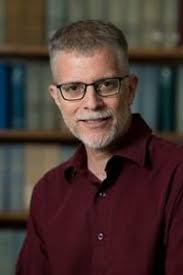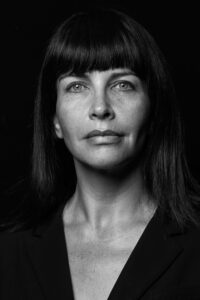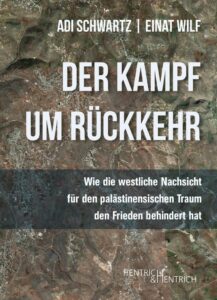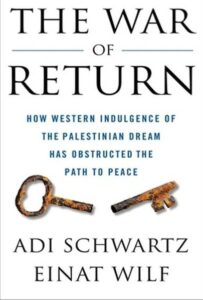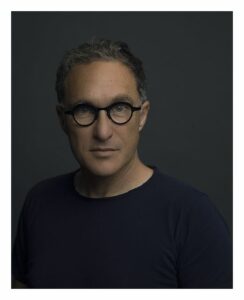The Center for Israel Studies Vienna, in Cooperation with the Vienna School of International Studies, invites you to a
Symposium in Recognition of the 120th Anniversary of the Death of Theodor Herzl
“ Remembering What Herzl Stood For: The Past and Future of Zionism”
Date: Wednesday, 27 November 2024, 18:00h (6:00 pm)
Place: Main Hall, Vienna School of International Studies, Favoritenstraße 15A, 1040 Vienna
Theodor Herzl’s vision for a Jewish state was well expressed in Israel’s declaration of independence in 1948: „The state of Israel will promote the development of the country for the benefit of all its inhabitants; will be based on precepts of liberty, justice and peace taught by the Hebrew prophets; will uphold the full social and political equality of all its citizens without distinction of race, creed or sex; will guarantee full freedom of conscience, worship, education and culture; will safeguard the sanctity and inviolability of shrines and holy places of all religions; and will dedicate itself to the principles of the Charter of the United Nations“.
The purpose of this event is to remember that inspiring vision, and to consider its future prospects.
Co-sponsors/Contributors:
Österreichisch – Israelische Gesellschaft, New Israel Fund Austria, Josef Shaked Fonds
Words of greeting: Prof. Dr. Emil Brix, Director, Vienna School of International Studies
Moderator: em. Prof. Dr. Mitchell Ash, President of the Center for Israel Studies Vienna
Keynote address by Prof. Dr. Arieh Saposnik, Ben Gurion Institute for the Study of
Israel and Zionism, Ben Gurion University in the Negev, Beer Sheba, Author of Zionism’s Redemptions: Images of the Past and Visions of the Future in Jewish Nationalism (2021)
Additional remarks by
Senior Scientist Dr. Stephan Wendehorst, Faculty of Law, University of Vienna
em. Prof. Dr. Fania Oz-Salzberger, University of Haifa, author of Deutschland und Israel nach dem 7. Oktober (2024), and Alon Ishay, President of the Jewish-Austrian Students’ Association.
Discussion among the speakers, followed by questions or comments from the audience.
Language: English
Registration by 25 November 2024, 24:00h (12 midnight) is mandatory:
office@center-for-israel-studies.at
ID check (passport or ID card) at the entrance, please bring your registration confirmation.
Prof. Dr. Arieh Saposnik is Associate Professor at the Ben-Gurion Institute for the Study of Israel and Zionism at Ben-Gurion University in the Negev, and Editor of the journal Israel Studies. Before coming to BGU, Saposnik held the Rosalinde and Arthur Gilbert Foundation Chair in Israel Studies at UCLA, where he was also the founding director of the Younes & Soraya Nazarian Center for Israel Studies. He is a historian of Zionism and Jewish nationalism in the broader context of the construction of national cultures and identities. In his current research, Saposnik is working on imagery and symbolism of the sacred in the making of Jewish nationalism, and in Zionism and Israeli culture in particular. He is also studying competing notions of the link between Jews and territory in the modern world.
Prof. Dr. Fania Oz-Salzberger is Professor Emerita of History at the University of Haifa School of Law and the Haifa Center for German and European Studies, and a leading Israeli intellectual who received an honorary doctorate from the University of Uppsala in 2020. She has published extensively on the political theory of the Scottish enlightenment, German-Israeli relations, and contemporary politics in Israel and the Near East. Her books include Israelis in Berlin (2001), Jews and Words (with her father Amos Oz) (2012), and The Israeli Nation-State: Political, Constitutional, and Cultural Challenges (ed. with Yedidia Stern 2014).
Senior Scientist Dr. Stephan Wendehorst teaches at the Institute for Legal and Constitutional History, Faculty of Law, University of Vienna. He works in the fields of legal history in Early Modern Europe, with emphasis on Jewish law; international law; and international humanitarian law. His publications include British Jewry, Zionism and the Jewish State 1936-1956 (2012) and Geschichte jüdischen Rechts vor, mit und jenseits des Nationalstaats (2020). He completed a research project, “Theodor Herzl als österreichischer Staats-und Verfassungsrechtler? Der Einfluss des österreichischen Staats- und Verfassungsrechts auf die jüdische Nationalbewegung und deren verfassungsrechtliche Konzepte” in 2023.

